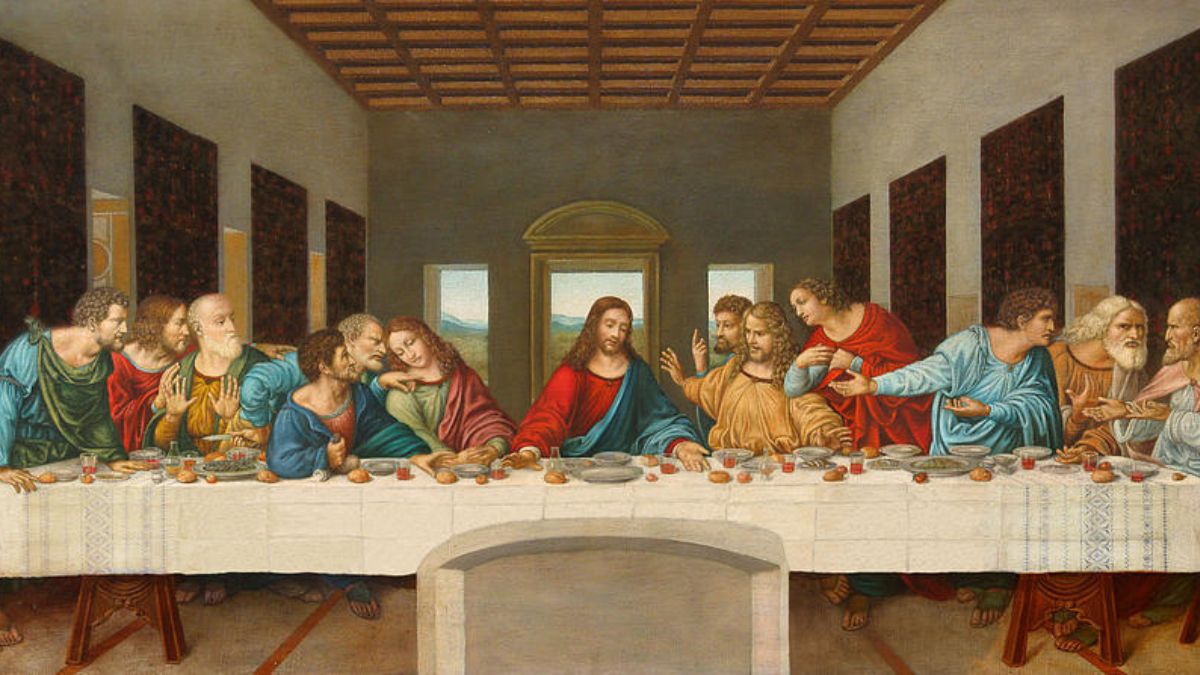

BreakPoint
Les Miserables
America ought to be celebrating. Compared to 50 years ago we are better educated, make more money, and live longer. That's the good news. The bad news is that despite these gains polls show many Americans remain dissatisfied with their quality of life—and anxious about the future. So if we're doing so well, why are we so unhappy? In his new book, The Good Life and Its Discontents, Robert Samuelson describes the dramatic increase of affluence in America. Since 1970 the number of college graduates has doubled. The economy has created 18 million new jobs in the last decade. And our government has provided a "safety net" for the poor and elderly. The world is no longer under the cold-war nuclear threat. And yet America is full of what Samuelson calls a "roving and indestructible discontent"—a feeling that life is not what it ought to be. One recent poll shows two-thirds of Americans don't trust one another. Samuelson's answer to this blight of discontent is for Americans to lower their economic expectations. That's a start. But the real problem goes beyond economics. A recent poll commissioned by the Family Research Council found that two-thirds of all Americans are fundamentally concerned about the weakening of our country's moral and social fabric. And the biggest cause for concern cited by the respondents was "the breakdown in the family and a decline in values." As political scientist James Q. Wilson has written, prosperity has led to increased mobility—and a corresponding decline in our values. Many corporations routinely transfer their employees to other cities or states, uprooting families from their social networks. The result is revolving-door neighborhoods where few stay long enough to establish the kind of social cohesion needed to support the family. We've seen a radical decline in our neighborhoods from the days when neighbors got involved in one another's lives—helping one another, being responsible to one another, and trusting one another. This commitment to a broader community is a powerful shield against the disintegration of our local neighborhoods. It will take a lot more than simply lowering our expectations to rebuild our disintegrating society and recover a genuine sense of contentment. We'll need a dose of what the New Testament calls metanoia—literally a radical change of outlook regarding the basic institutions of faith and family. Christians need to set the example by rejecting the all-consuming pursuit of "The American Dream." If your job requires pulling up your family's social roots every few years, maybe it's time to look for another job—even if it means making do with less. The prophet Isaiah asked: "Why do you spend your money on that which isn't bread, and your labors on that which doesn't satisfy?" In working to amass material bread, we've lost sight of that which provides our spiritual sustenance. When we find answers to our spiritual needs we find real fulfillment, and we learn to live with each other in real community. And that, Mr. Samuelson, is the answer: not economics but spiritual bread that nourishes the soul.
02/9/96















